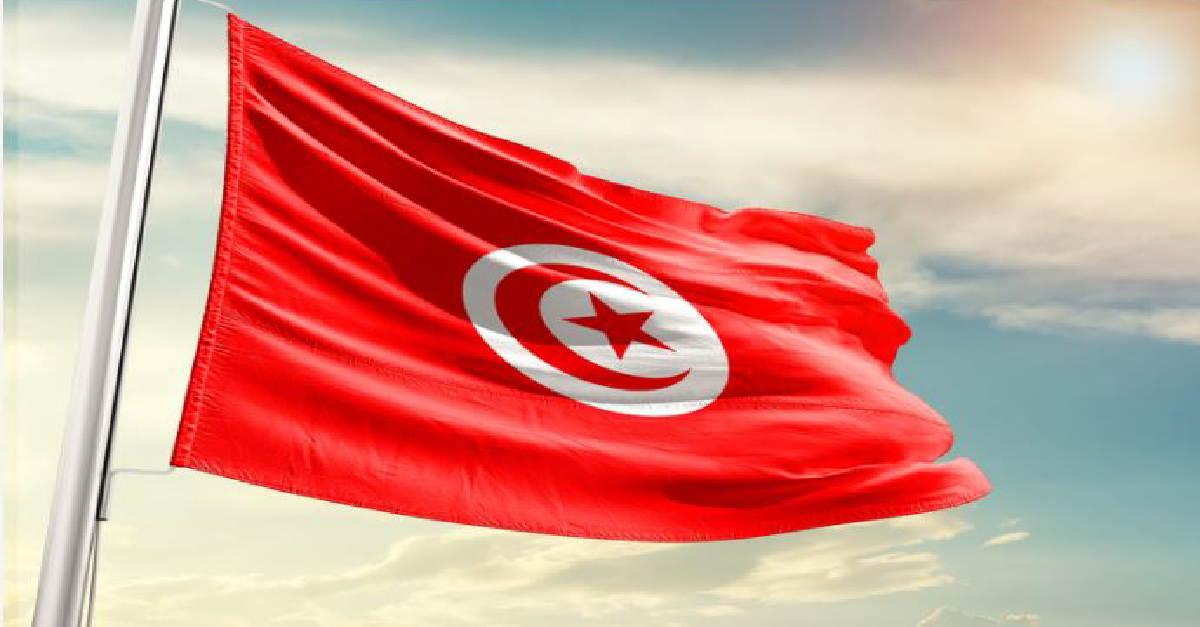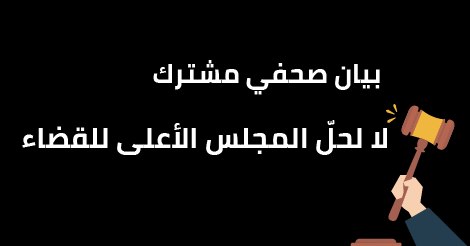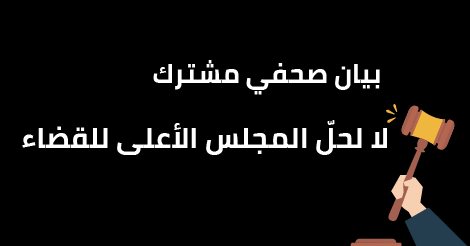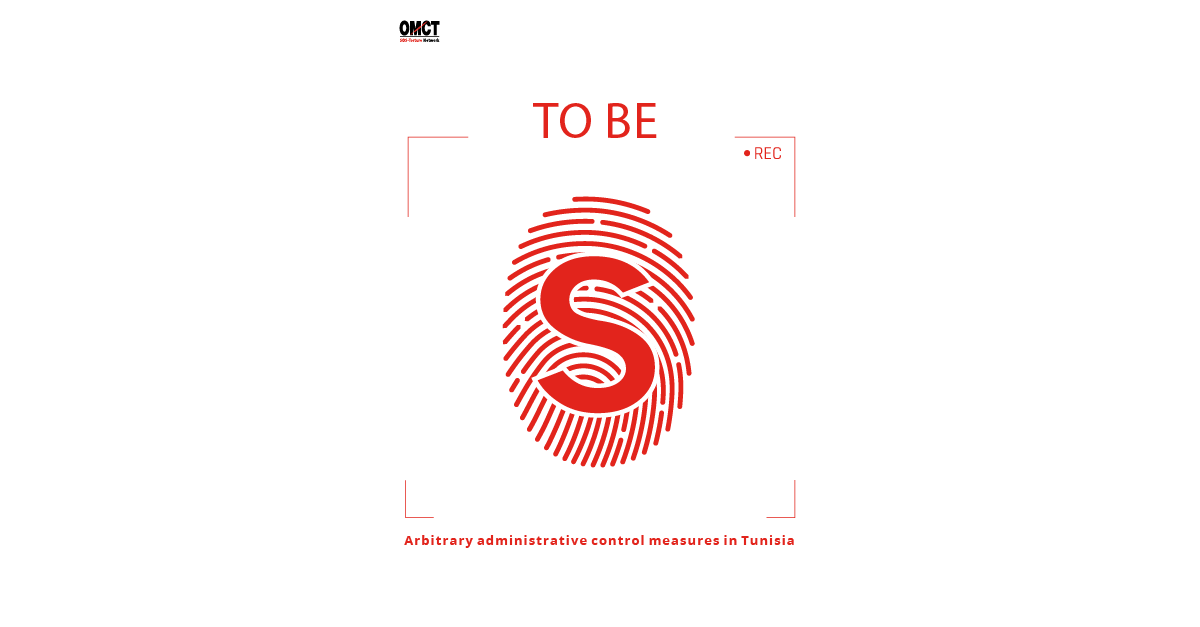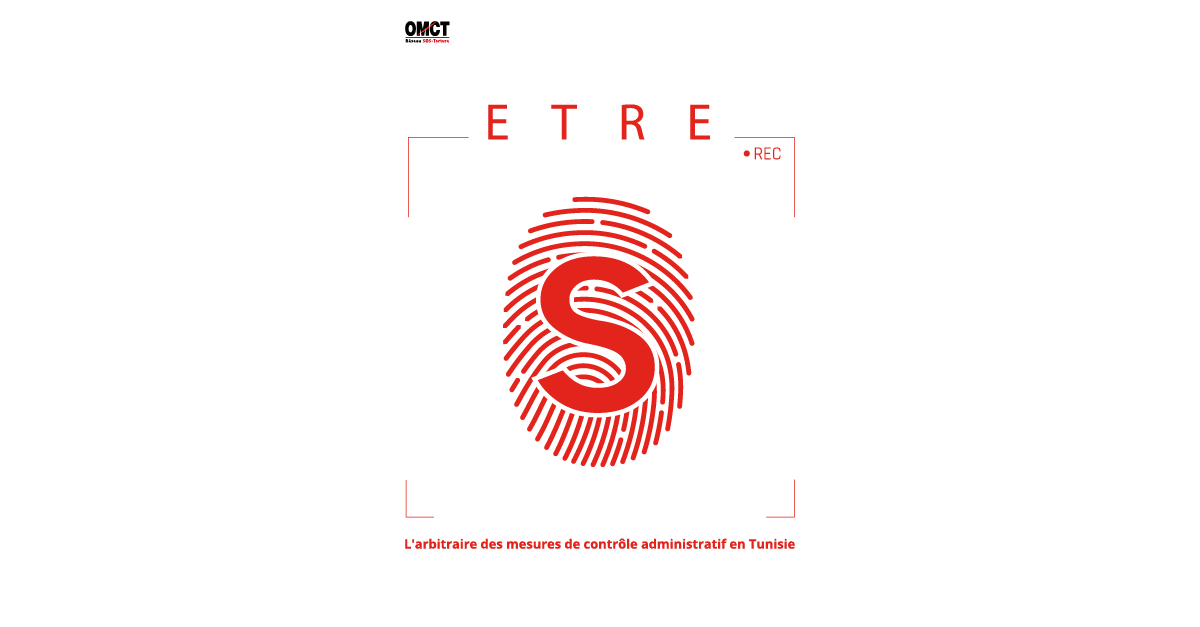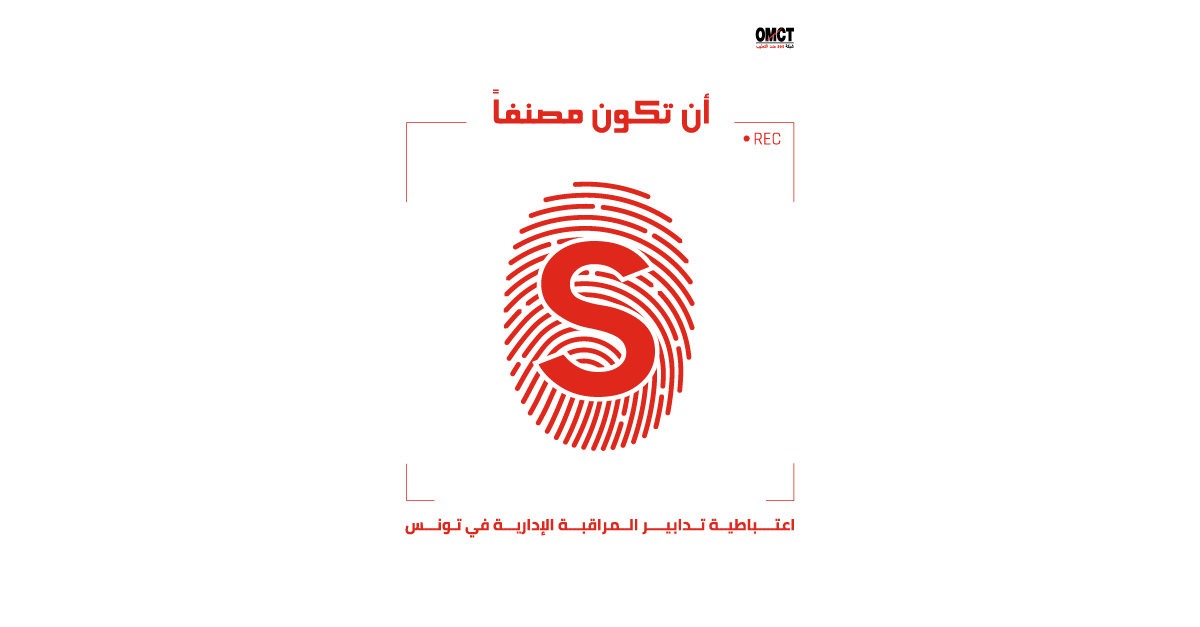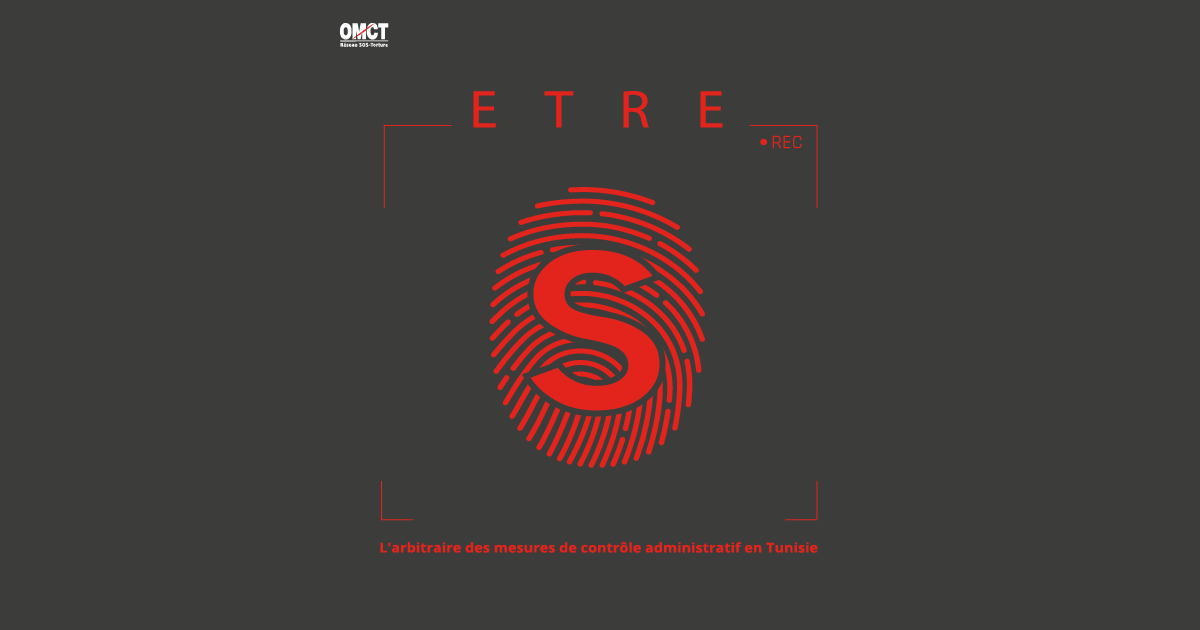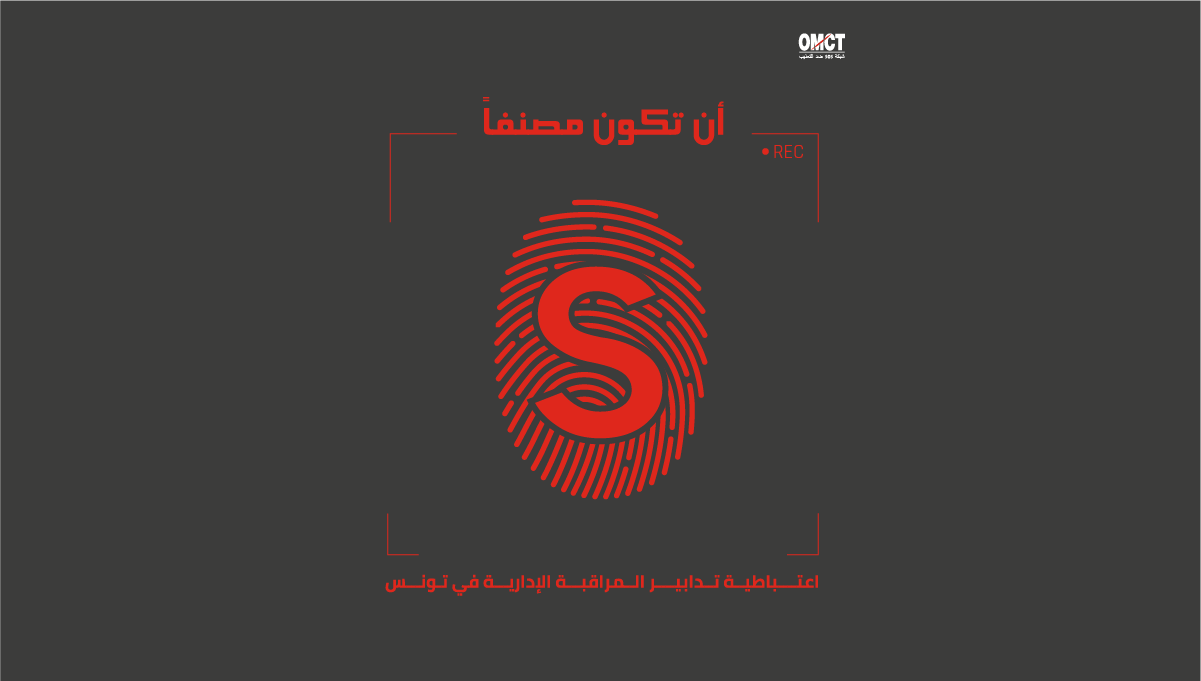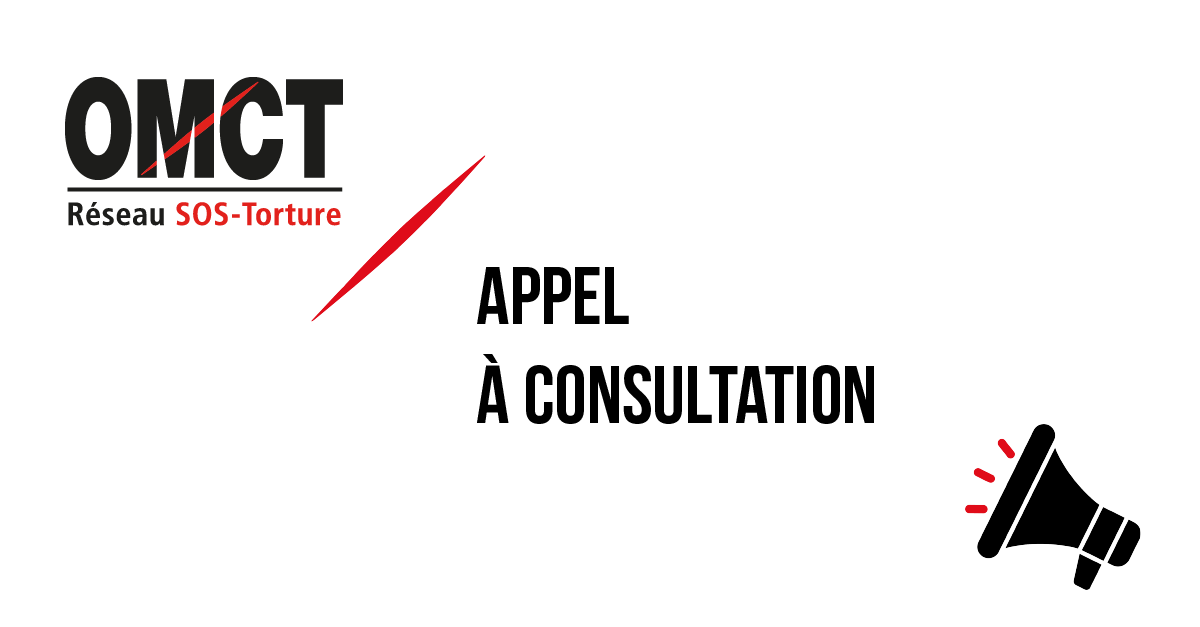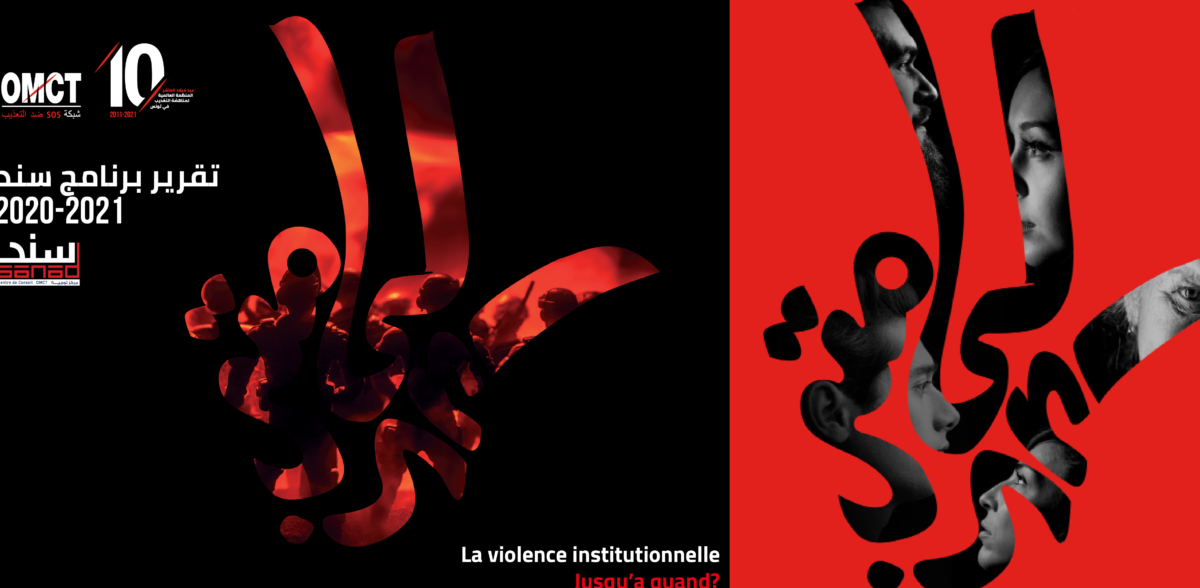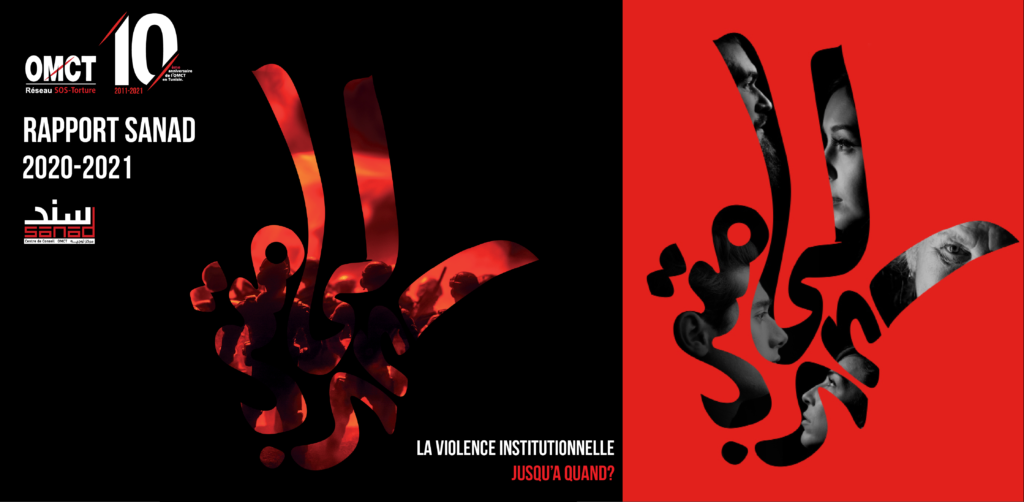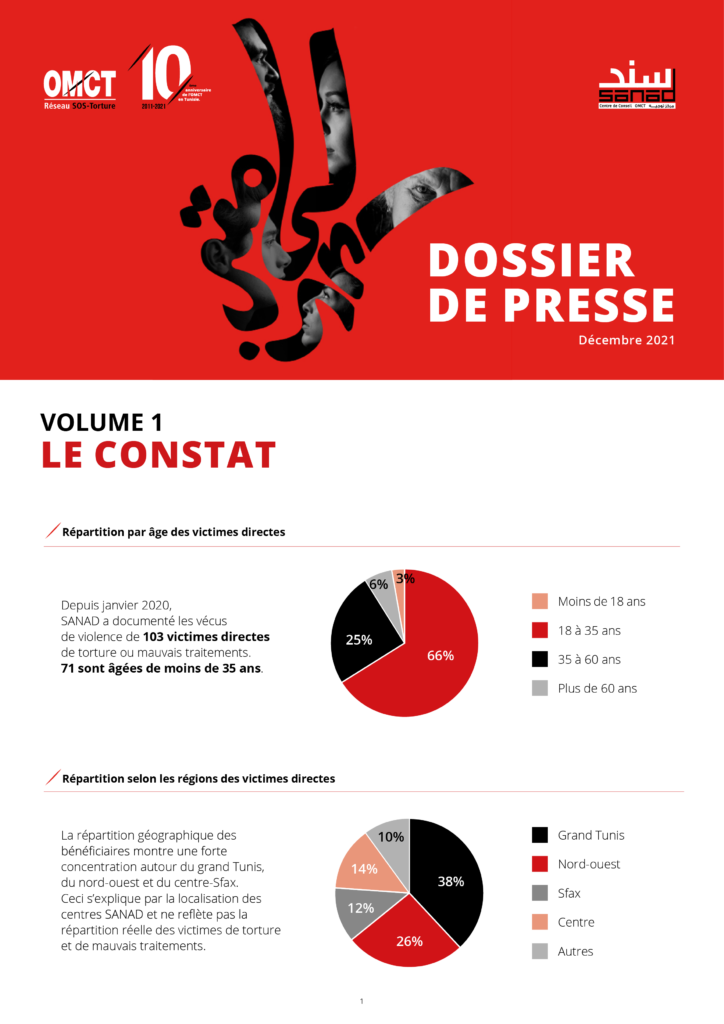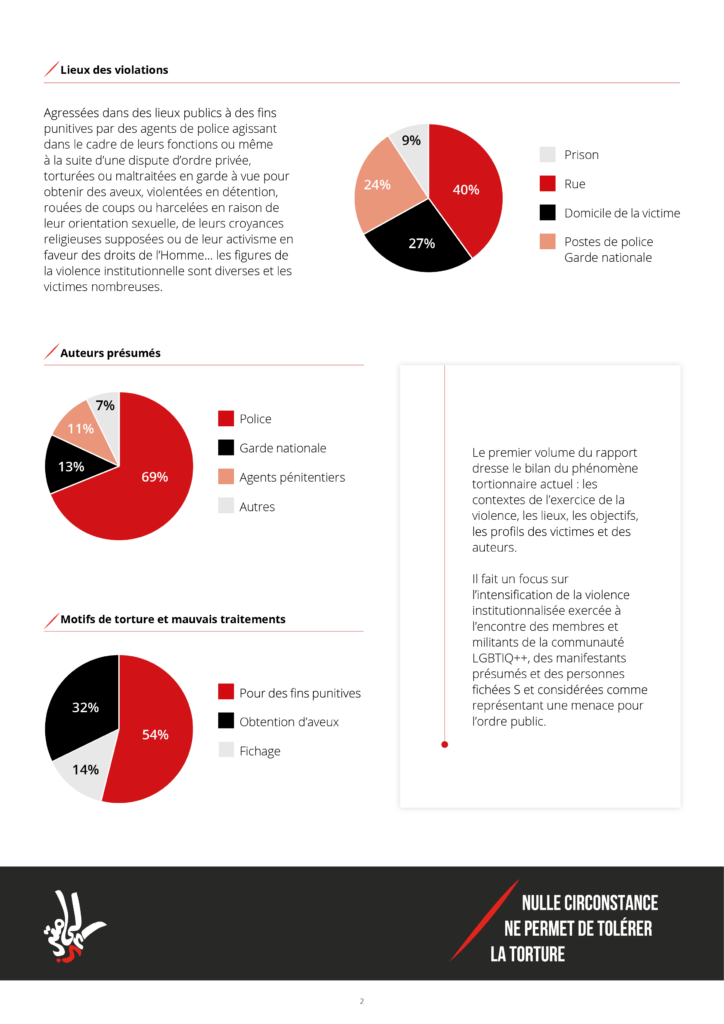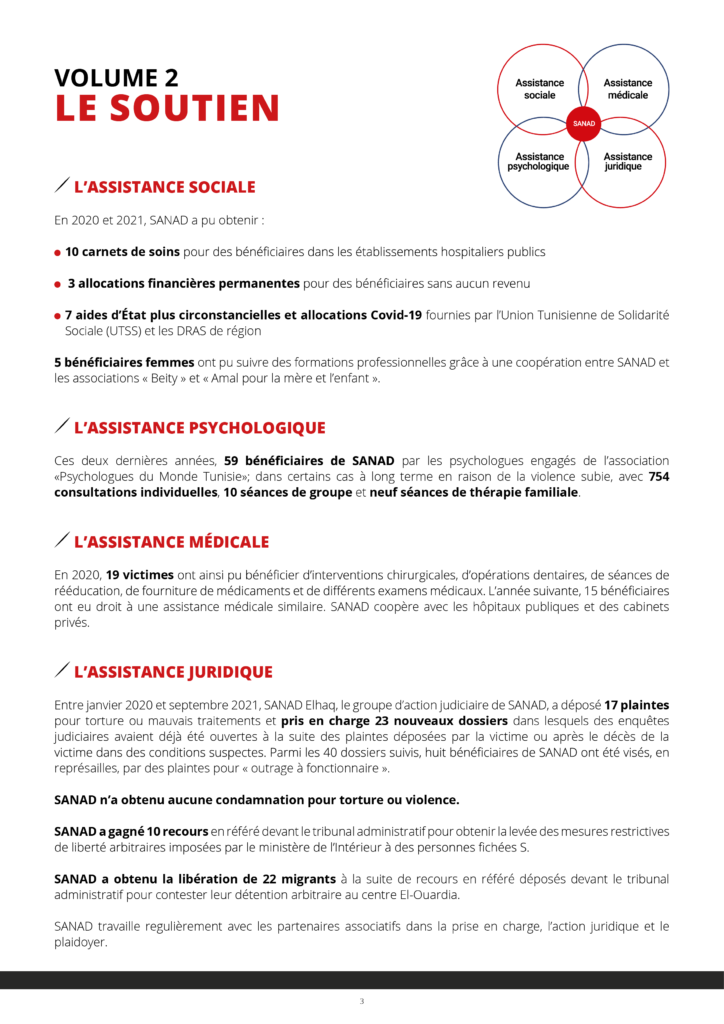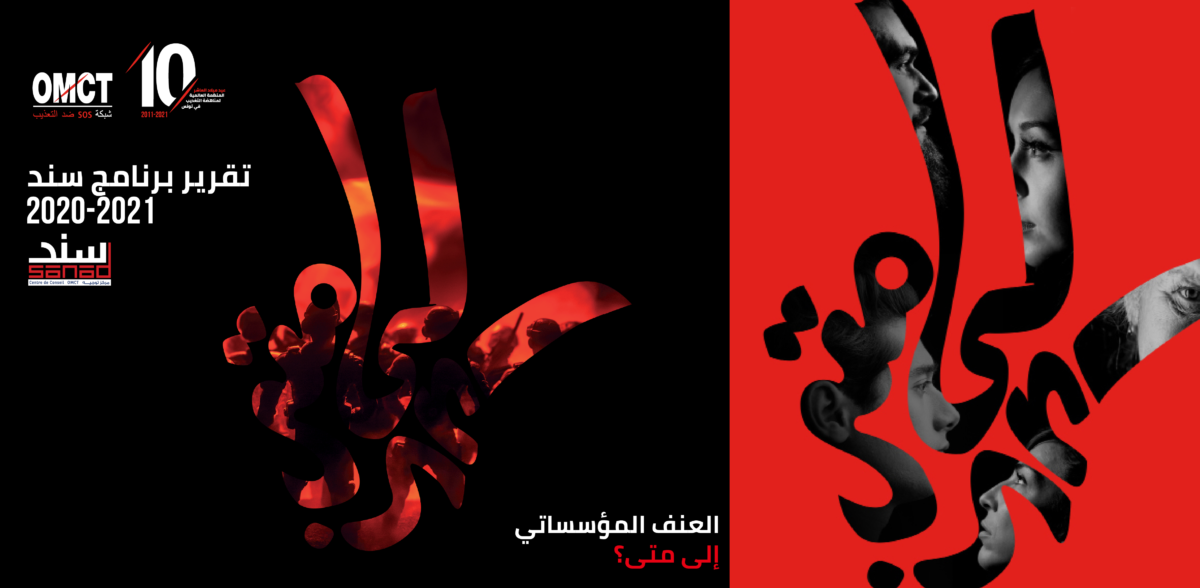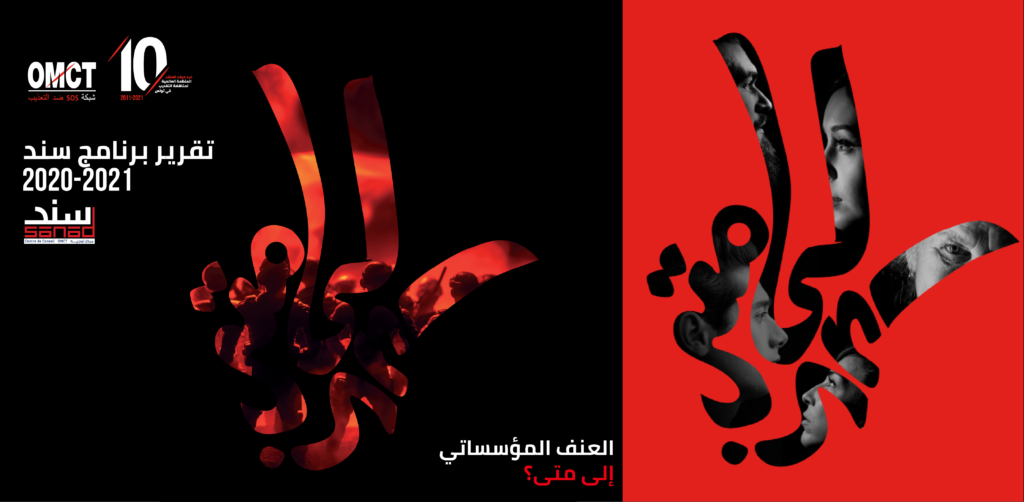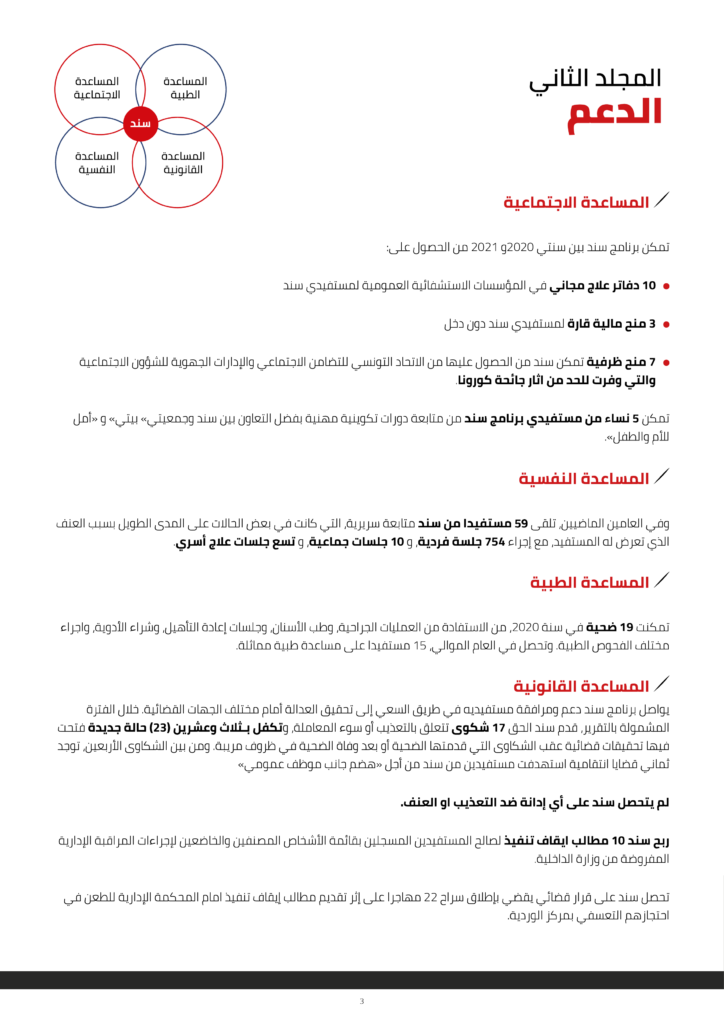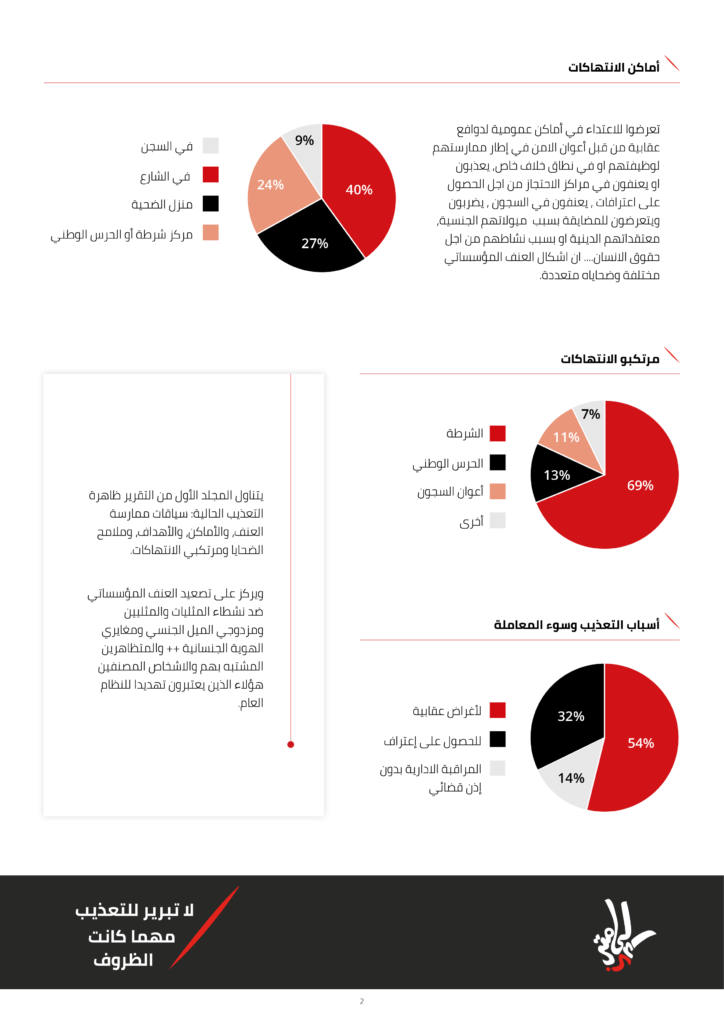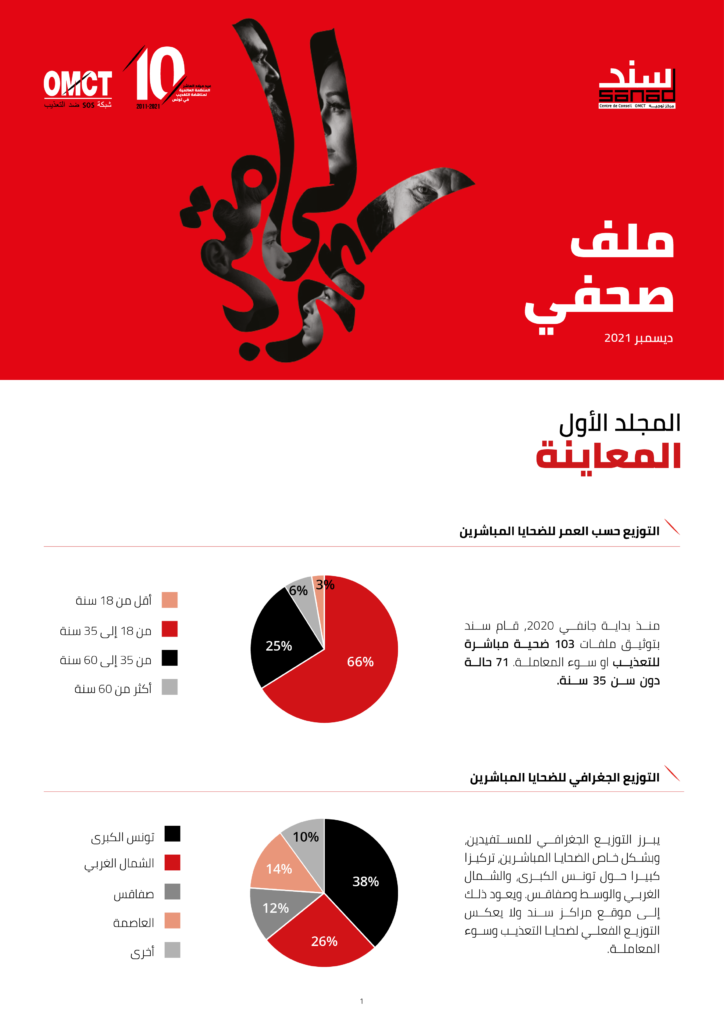Genève-Paris, le 11 février 2022 – Alors qu’un projet de réforme du décret-loi relatif aux associations semble être sur le point d’être adopté par le gouvernement tunisien, l’Observatoire pour la protection des défenseurs des droits humains (OMCT-FIDH) exprime sa profonde inquiétude quant à la menace que cette réforme ferait peser sur la liberté d’association et appelle les plus hautes autorités tunisiennes à le retirer.
Ce projet de réforme du décret-loi n° 2011-88 du 24 septembre 2011, portant sur l’organisation des associations, qui a récemment fuité, semble témoigner d’une volonté des autorités tunisiennes de se doter d’outils juridiques pour contrôler et éventuellement museler la société civile, ce d’autant plus qu’il intervient dans un climat de recrudescence des attaques à l’encontre des défenseurs des droits humains dans le pays et en l’absence de tout dialogue entre les autorités en place et les acteurs de la société civile.
Le projet met tout d’abord à mal la liberté d’association en conditionnant la création d’une association à l’intervention de l’administration. Alors que dans la législation actuelle, une association est légalement constituée dès l’envoi de la déclaration de constitution au secrétariat général du gouvernement, dans le projet de décret-loi (article 12), cette existence légale sera conditionnée à la publication de l’annonce de création au Journal officiel de la république tunisienne (JORT). Or en pratique, plusieurs associations ont déjà témoigné d’un grand retard dans cette publication bien au-delà des délais légaux ce qui, dorénavant, aura pour effet d’empêcher l’existence même de l’association. En outre, pour publier l’annonce de création de leur association au JORT, les fondateurs devront fournir une copie des statuts signés par l’administration alors qu’actuellement, il leur suffit de fournir l’accusé de réception de la demande de création.
D’autre part, l’article 10 du décret-loi accorde à l’administration un pouvoir de refus de la constitution d’une association. Jusqu’à présent, toute association peut être aisément constituée et il appartient à l’administration de saisir par la suite la justice si elle estime par exemple que le mandat de l’association est incompatible avec l’interdiction d’appeler à la haine ou à la discrimination et autres principes listés aux articles 3 et 4 de l’actuelle législation. Ce pouvoir de refus de constitution, qui était déjà prévu pour les associations internationales voulant s’établir en Tunisie, aura vocation à s’étendre aux associations nationales. Le refus pourra certes être contesté devant le tribunal administratif. Cependant, les délais excessifs pour statuer même pour la procédure d’urgence (au minimum trois mois pour un jugement de sursis à exécution) sont à même d’entraver le droit des associations victimes d’abus à accéder à la justice.
Parmi les autres dispositions du projet les plus inquiétantes figure l’introduction, à l’article 4, de l’interdiction faite pour les associations de « menacer l’unité de l’État ou son régime républicain et démocratique ». Les notions de menaces ou atteinte à la sûreté de l’État tendent à faire l’objet d’une interprétation extensive en Tunisie. L’introduction de cette disposition laisse craindre une utilisation abusive dans un climat politique marqué par la rhétorique du traître et de l’ennemi intérieur utilisée pour discréditer les voix dissonantes. L’article 4 ajoute qu’il est interdit aux dirigeants d’une association de se porter candidats à des élections durant les trois ans précédant l’échéance électorale, une interdiction excessive et disproportionnée qui prive les dirigeants d’une association du droit constitutionnel de pouvoir se présenter à des élections.
L’article 10 du projet dispose en outre que les objectifs et les activités d’une association ne doivent pas « relever des compétences des organismes publics » ou être « soumises à un régime juridique spécial qui sort du champ d’application du décret-loi ». Cette disposition extrêmement vague est susceptible de se prêter à une interprétation large et arbitraire et ainsi restreindre de manière considérable le droit à la liberté d’association.
Une autre disposition des plus préoccupantes introduit une procédure de contrôle du financement étranger des associations. Ainsi, l’article 35 du projet interdit aux associations d’accepter des aides étrangères, dons ou donations non autorisés par la Commission tunisienne d’analyses financières. Cette commission, créée en 2015 par la loi relative à la lutte contre le terrorisme et à la répression du blanchiment d’argent, dispose donc de la capacité d’émettre un avis conforme et préalable à tout financement étranger qu’il émane d’un gouvernement, d’une fondation ou d’une association. La délivrance de l’autorisation n’est soumise de surcroît à aucun délai. Cette nouvelle procédure devrait être strictement encadrée pour garantir qu’elle ne puisse pas être utilisée afin d’entraver le financement et donc le fonctionnement d’associations ayant des activités ou des opinions qui contrarient les autorités publiques.
En plus de la dissolution volontaire et de la dissolution judiciaire, le projet prévoit une nouvelle forme de dissolution d’une association : la dissolution automatique suite à une décision motivée du département chargé des affaires des associations auprès de la présidence du gouvernement (article 33). Il s’agit du cas où une association légalement constituée et enregistrée au Registre national des associations serait considérée par les autorités comme n’ayant plus d’existence réelle et effective en raison de la non-tenue de ses réunions périodiques ou du non-exercice de ses activités durant trois sessions successives. Il s’agit là d’une nouvelle prérogative conférée à l’administration pour accroître son contrôle sur les activités des associations. La dissolution automatique peut être contestée devant le tribunal administratif mais la procédure pêche par excès de lenteur comme cela a été évoqué plus haut.
L’Observatoire considère que ce projet de réforme, s’il était adopté, restreindrait de façon considérable les activités légitimes de la société civile et des défenseurs des droits de humains, en violation du droit à la liberté d’association, un droit protégé par les instruments internationaux relatifs aux droits humains auxquels la Tunisie est partie, et notamment l’article 22 du Pacte international relatif aux droits civils et politiques, ainsi que par l’article 35 de la Constitution tunisienne.
L’Observatoire appelle par conséquent les plus hautes autorités tunisiennes à retirer ce projet, à garantir le droit à la liberté d’association dans le pays et à veiller à ce que les défenseurs des droits humains puissent exercer leurs activités légitimes de défense des droits humains sans entraves ni crainte de représailles.
L’Observatoire pour la protection des défenseurs des droits humains (l’Observatoire) est un partenariat de l’Organisation mondiale contre la torture (OMCT) et de la FIDH créé en 1997. Il a vocation à prévenir ou à remédier aux situations de répression à l’encontre des défenseurs des droits humains et à leur apporter une aide aussi concrète que possible. L’OMCT et la FIDH sont membres de ProtectDefenders.eu, le mécanisme de l’Union européenne pour les défenseurs des droits de l’Homme mis en œuvre par la société civile internationale.
